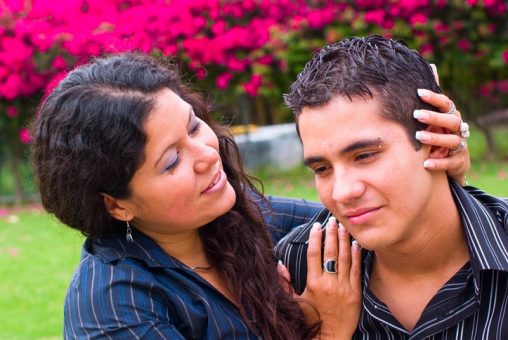According to the National Alliance on Mental Illness (NAMI), approximately one in five youth ages 13–18 (21.4%) experiences a severe mental disorder at some point during their life and children ages 8–15, the estimate is 13%. More than 90% of children who die by suicide have a mental health condition and 64.1% of youth with major depression do not receive any mental health treatment in 2017. Many parents struggle with finding help for their children who are suffering from a mental health disorder. From shuttling between therapist’s offices, balancing different medications, and enduring hospitalizations to encountering the legal system and insurance companies; seeking treatment for mental illness is challenging and scary. A Dangerous Son is a documentary that aired on HBO that focuses on three families in crisis, each struggling with a child’s severe mental illness while desperately seeking treatment to save their child’s life. The film is directed by Liz Garbus (Nothing Left Unsaid: Gloria Vanderbilt & Anderson Cooper, There’s Something Wrong with Aunt Diane) and sheds light on the enduring struggles that families endure during a mental health crisis. The guilt and isolation parents feel can be overwhelming, as is the constant worry that their child may harm himself or herself, or others. Although treatment can greatly improve the outcome, appropriate care is often a luxury available only to those who can afford it, or who happens to live in states with free or affordable treatment.
For many families, the mental health system in the United States in broken due to lack of resources, treatment failure and the enormous stigma that surrounds mental illness. The responsibility of raising a healthy and successful child can be so overwhelming that many parents will feel like they have failed if there child is diagnosed with depression or bipolar disorder however mental health disorders are nobody’s fault and should be viewed as medical condition that requires appropriate treatment. Recognizing the signs and symptoms of mental health disorders in a child is the first step to taking an active stance and supporting your child’s disorder as signs and symptoms in children often differ from those in adults.
